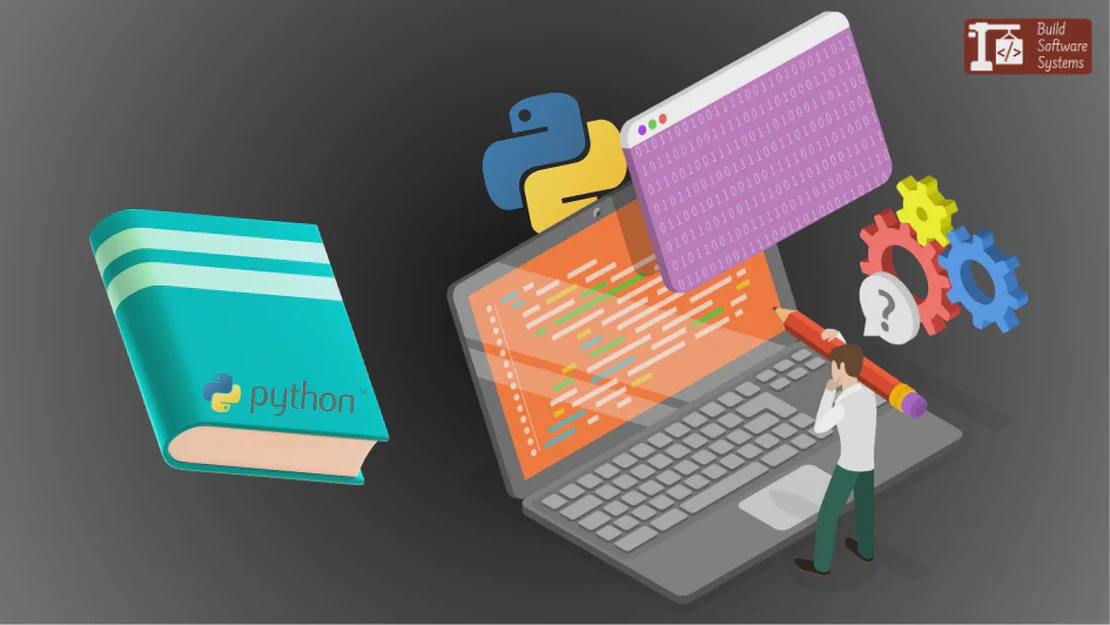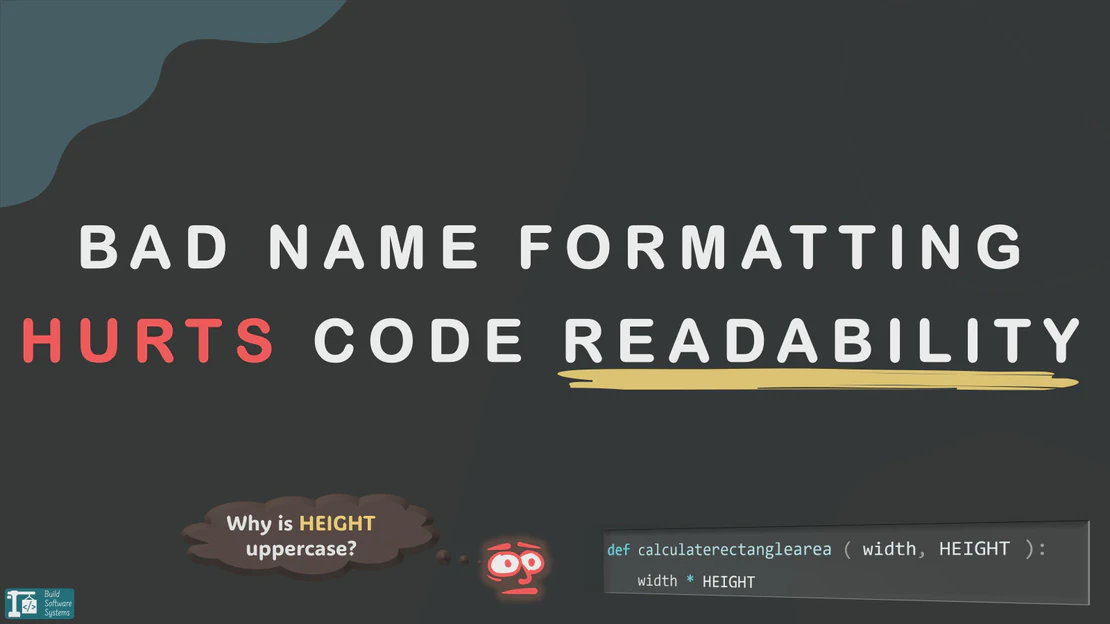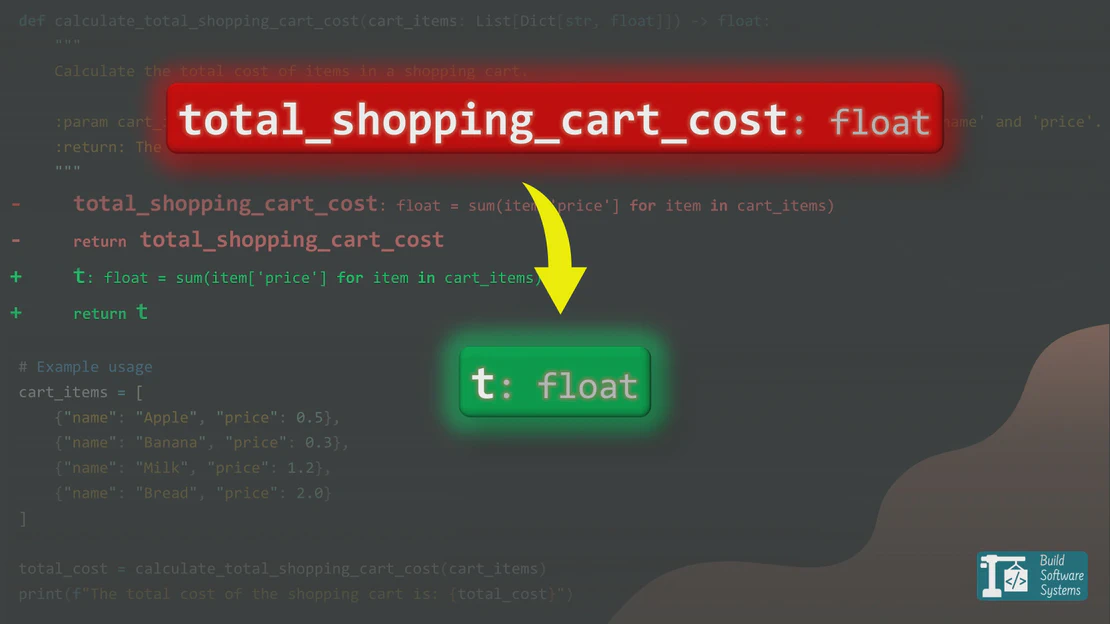
C Learning Resources and Coding Conventions
- October 1, 2024
- 8 min read
- C programming
Table of Contents
If you’re looking to learn the C programming language and improve your coding skills, using the right resources and following solid coding conventions is essential.
This document offers a concise overview of key standards, tools, and materials to help you master C programming while ensuring your code is consistent, maintainable, and readable.
Newsletter
Subscribe to our newsletter and stay updated.
C Language Learning Resources
Syntax, Semantics, and Language Standards
- C Language Reference: A community-maintained resource that provides detailed information on the C language syntax, semantics, and standard library.
- ISO C Standard: For an in-depth look at the C programming standards, including drafts (PDF and HTML) and documentation of the official ISO C Standard.
- GNU C Reference Manual: Covers various aspects of GNU C programming, suitable for both beginners and advanced users.
- Microsoft C Language Reference: Official documentation for Microsoft’s implementation of the C programming language, providing an overview of the syntax, keywords, and libraries.
Standard Library and POSIX Resources
- C Standard Library Reference: A community-maintained comprehensive guide to the functions and utilities available in the C standard library.
- GNU C Library Manual: Detailed documentation of the GNU C Library (glibc), covering essential C library functions with usage examples.
- Windows C Runtime Library (CRT) Reference: Documentation for the C runtime library in Microsoft Visual Studio, detailing functions for input/output, memory management, and error handling.
- POSIX Standard: Crucial for writing cross-platform C programs, especially when targeting UNIX-like systems.
System Programming and System Calls
Understanding system calls and system-level programming is key for writing efficient C code, especially when working on low-level operations.
- Linux System Calls: Explore Linux system calls with detailed documentation from the Linux man pages.
- Linux Man Pages: Documentation for Linux C APIs and related utilities.
- Windows System Calls: Comprehensive reference to Windows system calls for Windows-based C system programming.
Newsletter
Subscribe to our newsletter and stay updated.
Coding Style and Best Practices
Best Practices
- SEI CERT C Coding Standard: This standard provides guidelines for secure coding in C to avoid vulnerabilities like buffer overflows, race conditions, and memory leaks. Following these guidelines helps ensure the reliability and security of your code, especially for critical systems.
Coding Style Guides
Consistency is vital for making C code more readable and maintainable. Here are some resources to guide you in naming conventions, formatting, comments, and documentation.
- C Coding Standard (CMU): A well-documented guide from Carnegie Mellon University to write consistent and clear C code.
- GNU Guidelines for Writing C: Official GNU guidelines for writing portable and maintainable C code.
- Google C++ Style Guide: While focused on C++, many of the principles apply to C, such as naming, code structure, and comments.
- Tilen MAJERLE’s C Code Style Guide: A detailed guide to coding style conventions for C that covers everything from variable naming to indentation.
Tip
Whether you follow a formal standard like the GNU or Google guidelines, or develop your own, consistency is key. Stick with one style throughout the codebase to maintain readability and cohesiveness.
Newsletter
Subscribe to our newsletter and stay updated.
Tooling
Compilers and Build Tools
Compilers
- GNU Compiler Collection (GCC): Available on Linux, macOS, and Windows (via MinGW), GCC is the most widely used open-source C compiler. It offers excellent performance and a large community.
- LLVM Clang: Clang is a compiler front end for the C family of languages. It supports Linux, macOS, and Windows and is known for producing helpful error messages.
- Microsoft Visual Studio: Available only on Windows, Visual Studio provides an integrated environment with a powerful compiler, debugging tools, and other development features.
Build Automation
- GNU Make: A widely-used build automation tool, it reads a makefile to understand dependencies between files and automates the compilation process.
- Autotools: A suite of programming tools designed to assist in making source code packages portable to many Unix-like systems.
- CMake: A cross-platform build system generator. It helps create build files for multiple platforms, including Makefiles, Ninja, and Visual Studio solutions.
- Ninja: A small build system that focuses on speed and is often used as a backend build tool in combination with CMake.
Package Management
Managing libraries and dependencies is a key part of C development. These package managers make it easier to include external libraries.
- Conan: A popular, decentralized package manager for C/C++ that supports all platforms and build systems. Conan is ideal for managing and reusing dependencies across various projects.
- vcpkg: A package manager developed by Microsoft to simplify library management in C/C++ projects, with extensive support for cross-platform development.
- Hunter: A cross-platform CMake package manager that allows for seamless integration of dependencies.
Documentation Generation Tools
- Doxygen: A documentation generator that creates HTML, LaTeX, and other formats from annotated source code. It’s widely used for documenting C code.
- MkDocs: A fast and simple static site generator for creating project documentation, written in Markdown.
- Pandoc: A universal document converter that supports converting between various formats, including Markdown, LaTeX, and HTML.
Linter and Formatting Tools
Using linters and formatting tools helps maintain consistent code style and catch potential errors early.
- Clang-Tidy: A linter that identifies common errors and enforces coding standards in C and C++.
- Clang-Format: Automatically formats your code according to predefined or custom style rules.
- Cppcheck: A static analysis tool that detects bugs and potential performance issues.
- Uncrustify: A highly customizable formatting tool that ensures consistent code style across large codebases.
Debugging and Profiling Tools
Debugging and profiling tools help diagnose issues and optimize your C code.
- GDB (GNU Debugger): A powerful debugger for C that allows you to step through code, set breakpoints, and inspect variables.
- Valgrind: A suite of tools for memory debugging, memory leak detection, and profiling your applications.
Unit Testing in C
Testing your code ensures its reliability and robustness.
- Check: A unit testing framework for C that supports parallel test execution and detailed reporting.
- CUnit: Another lightweight and easy-to-use unit testing framework for C.
- Unity: A small and portable unit testing framework tailored for C. It easily integrates with the mocking framework CMock.
- CMocka: A lightweight unit testing framework for C that supports mocks, making it suitable for testing complex codebases.
Newsletter
Subscribe to our newsletter and stay updated.
Conclusion
By following these coding conventions and leveraging the resources listed, you’ll be well on your way to mastering C programming.
Whether you’re just starting or looking to refine your skills, these tools and guidelines will help you write better, more maintainable, and efficient C code.
Do you use relevant C programming resources that haven’t been mentioned in this document?
Feel free to share them in the comments section or let us know.


